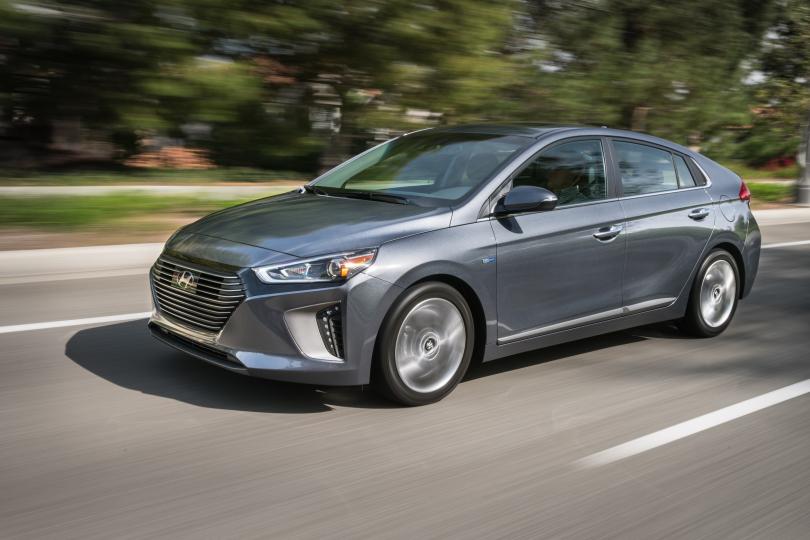One element of new car ownership that is sure to play on buyers’ minds is fuel economy affordability. Prices for petrol and diesel have stabilised in the past few years after a period of turbulence earlier in the decade, but given that they could easily begin to rise again at any time, you’ll still want an economical car to help keep forecourt bills to a minimum. Below we’ve listed 10 of the most cheap and economical cars on sale today.
Toyota Prius hatchback

Ford Fiesta hatchback

Dacia Sandero hatchback

Hyundai Ioniq Hybrid

Some say that Hyundai was more than just inspired by the Toyota Prius when it developed its own rival to that pioneering Japanese model, but the truth is that Toyota’s proven template for hybrid car success would have been foolish to ignore. The Ioniq’s silhouette is aerodynamically efficient and helps to reduce the effort required to push this family hatchback through the air, so its petrol engine and electric motor rarely feel overworked. In fact, the Ioniq is a markedly faster car than the Prius, and its responsiveness is helped by the use of a conventional dual-clutch automatic gearbox instead of the Prius’ variable-ratio CVT system. As a result, drivers moving over to a hybrid from a conventional petrol or diesel car will find the Ioniq feels a little more familiar than the Prius, although the latter feels a little more settled on bumpy roads. However, the Ioniq’s firm setup isn’t uncomfortable and it costs less than the Prius, even if its claimed 66mpg fuel economy is some way short of the Toyota’s 94.2mpg.

